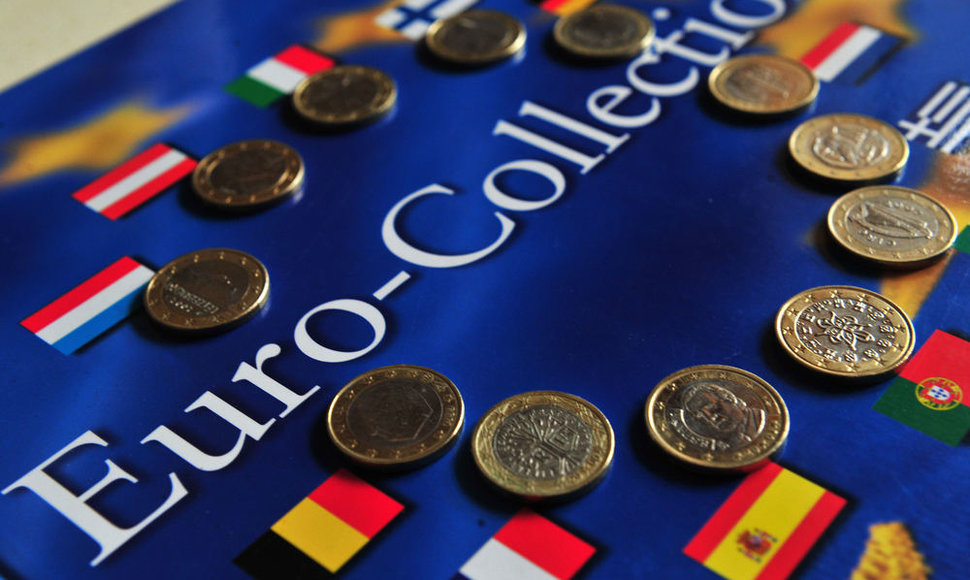Meinander envisages intensified cooperation among the national economies of the countries of northern Europe that have played a key role in keeping Europe afloat during the present euro debt crisis.
Meinander points to the Nordic countries, Germany, the Baltic countries and Poland as a group that could form a separate, viable economic alliance, a modern version of the Hanseatic League of merchant guilds and cities that dominated the region during the 13th to 17th centuries.
Greater cooperation and coordination by this group would not have to mean the demise of the European Union. Professor Meinander notes that there are many international organizations that continue to exist, even after losing much of their political significance.
"The EU can, so it looks today, be one of those in the future ," he told YLE.
Meinander believes that if a new form of EU cooperation, limited to the area around the Baltic Sea goes ahead, future historians will point to clear reasons as to why it came about. One such reason, he argues, is the inability of nations in northern Europe to understand those in Latin Europe.
The model formulated for a new "Hanseatic League" assumes that France is not included.
"As long as France is in, we have the current EU. France's only chance of standing up to Germany is to have southern Europe behind it," Professor Meinander says.












